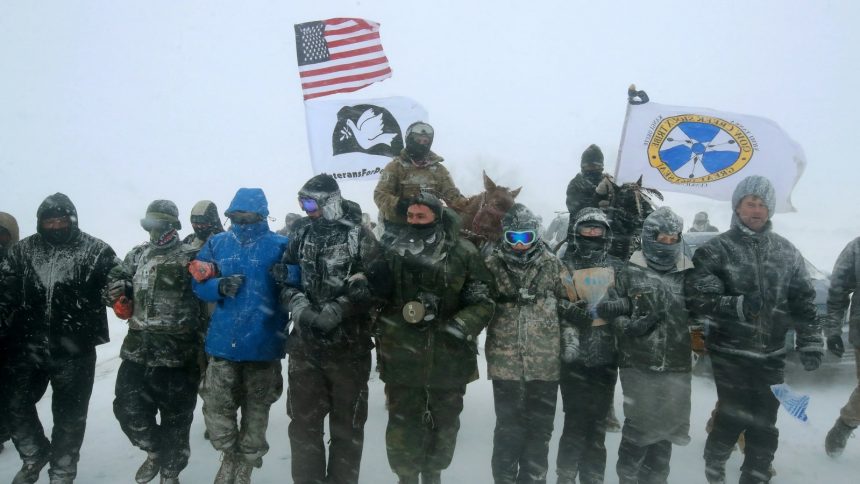Big Wind, a Northern Arapaho tribal member, spent their 20s fighting extraction projects like the Tennessee Gas pipeline. They learned valuable financial lessons about collective action in resistance camps and the lack of pay in climate work. Their day job helps finance trips to climate events, but crowdfunding remains essential.
This unpaid labor is central to a new paper, “Wages for Earthwork,” advocating to compensate those who care for the planet. The economic dimensions of unpaid earthwork, like eldercare, are often overlooked. Erin Hatton emphasizes that earthwork broadens the concept of home to caring for the Earth.
Indigenous peoples bear the burden of unpaid earthwork, despite federal grants awarded to some projects. However, compensating Indigenous climate labor is a step towards fairness and alliance-building in the environmental and labor sectors.
Supporting tribal sovereignty and returning traditional lands to Indigenous stewardship are crucial steps in acknowledging and compensating the invaluable work done for the planet. Big Wind echoes the sentiment that while money may not solve everything, it is a responsibility to care for those working for the greater good.






